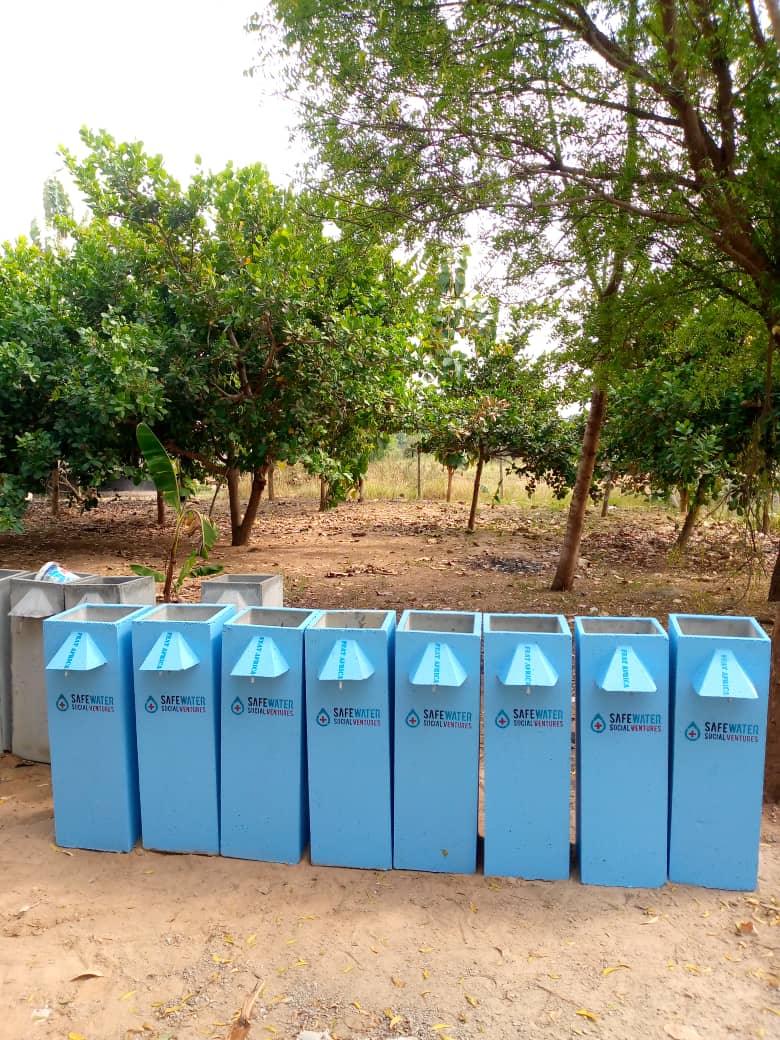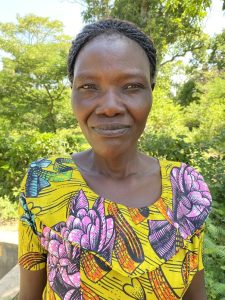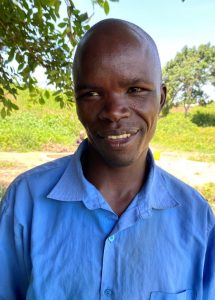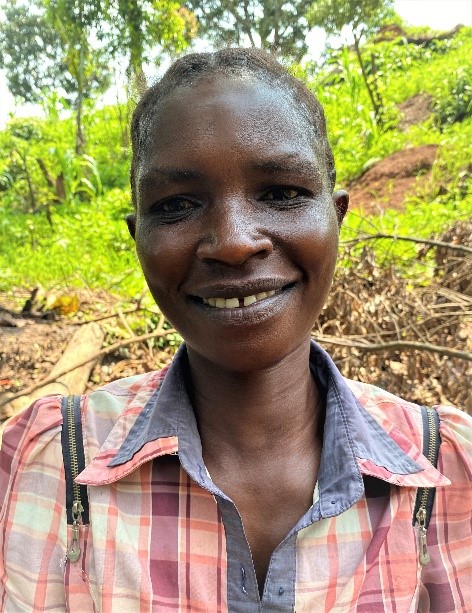Hi, My name is Adia Odu’, 45 years old and...
Read MoreSanitation & Hygiene
implementation approach
Introduction:
Sanitation is a fundamental aspect of public health and community well-being. Unfortunately, many communities, particularly in rural areas and developing regions, face significant challenges in maintaining adequate sanitation facilities and practices. Poor sanitation contributes to the spread of diseases, compromises environmental integrity, and hampers socio-economic development. Therefore, it is imperative to implement comprehensive sanitation projects to address these issues effectively.
Project Overview:
Our proposed sanitation project aims to improve sanitation infrastructure, promote hygiene practices, and raise awareness about the importance of sanitation in Pakwach and Aru territory. The project has been be carried out over a period of 5 years with the collaboration of local authorities, community leaders, and relevant stakeholders.
Objectives:
To upgrade and expand sanitation infrastructure, including the construction of safe and accessible toilet facilities, waste management systems, and drainage networks.- To promote hygiene education and behavior change through community workshops, training sessions, and educational campaigns.
- To enhance community participation and ownership in maintaining sanitation facilities and practicing good hygiene.
- To monitor and evaluate the impact of the project on public health indicators and community well-being.
Project Activities:
- Conducting baseline surveys and needs assessments to identify priority areas and community requirements.
- Engaging with local stakeholders, including community leaders, government agencies, and non-profit organizations, to garner support and resources for the project.
- Designing and implementing sanitation infrastructure projects, such as the construction of toilet blocks, handwashing stations, and waste management systems, with a focus on sustainability and accessibility.
- Organizing hygiene promotion workshops and training sessions on topics such as handwashing techniques, safe water storage, and proper waste disposal.
- Distributing hygiene kits containing essential items such as soap, toothbrushes, and sanitary products to vulnerable populations.
- Establishing community-based monitoring mechanisms to track progress, identify challenges, and ensure the sustainability of sanitation initiatives
Impact Stories

Household biosand filters

The New Look

The molds




